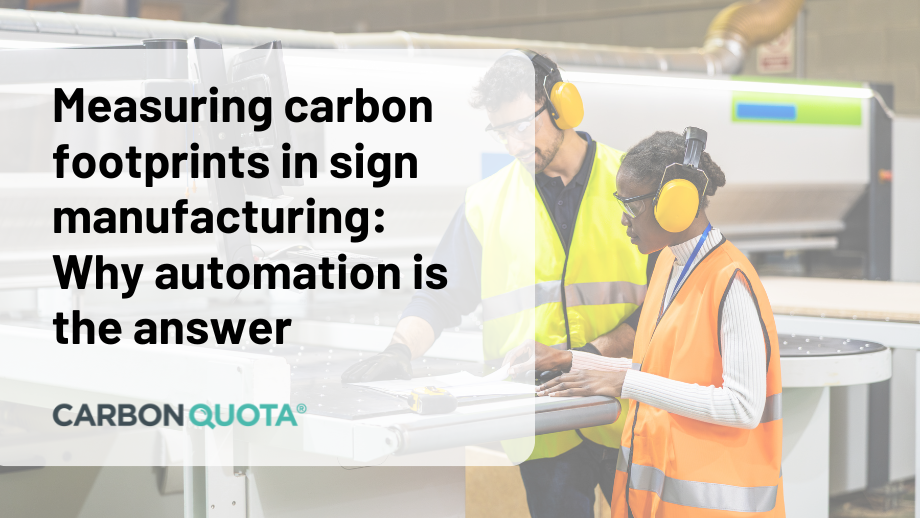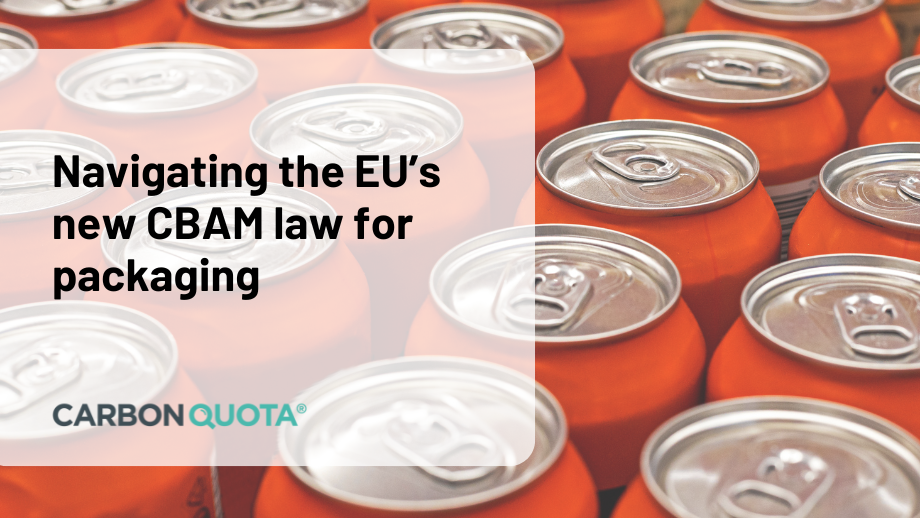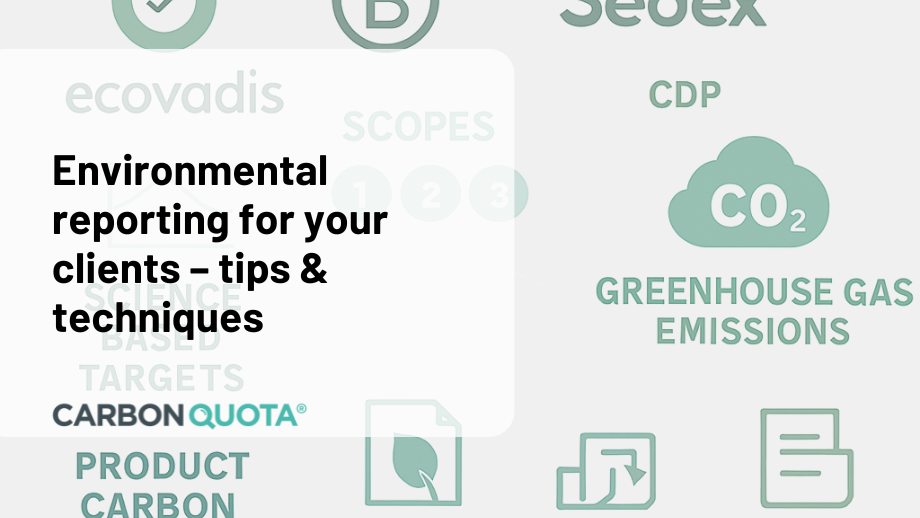“The idea of the circular economy is the next frontier, and legislation will drive transparency in supply chains.”
In this article, we look at what’s driving businesses to enhance sustainability reporting. 2030 is still a milestone for significant sustainability action needing to be underway to prevent the worst effects of climate change, so we will see how every business is going to be affected, and what they can do.
Legislation is here
The impact of legislation is being felt globally. Until now, only large companies were required to disclose their carbon, but they now additionally have to report on their supply chain. Much of the legislation is crafted to force the larger companies to ask their suppliers to formally report on their activity, and in turn their suppliers…and so on. Every business will be part of the reporting ecosystem very soon, so many are choosing to get the basics in place now.
Brands are demanding more granular data from their suppliers
Also driven by sustainability leadership, larger organisations are becoming more and more interested in their supply chain activity. Companies such as Estée Lauder ask suppliers to disclose their carbon on the CDP platform, while companies such as Ford oblige suppliers to establish greenhouse gas reduction targets and report on them when requested to do so. Brands are also becoming more sophisticated. IKEA openly acknowledged in their 2023 Sustainability report that, because they use spend as a proxy to calculate their carbon footprint, inflation creating an artificial growth in their emissions despite lots of reduction initiatives. So, IKEA’s next step is to source better data from their suppliers (and inevitably, their suppliers).
Many businesses with clients such as Microsoft or HP, who are mandating detailed supplier reporting, are already using activity data to calculate carbon emissions. This includes product and service specifications, supplier data and sophisticated sub-supply chain modelling.
Use of natural resources
Scientists are also highlighting nature and biodiversity concerns, which need to sit alongside carbon reporting. There is a clear need to get better at managing the planet in a more natural and sustainable way by taking less, taking it in a fairer way, using it more often, and using it more efficiently. The idea of the circular economy is the next frontier, and legislation will drive transparency in supply chains. Many buyers are insisting on track and trace for raw materials to prove they come from legal and well managed sources. This covers resources from forests, metals and minerals from mines, agriculture, animals and water.
In addition, legislation in places like the EU will prevent goods being sold on if they can’t prove the source of products – which will require extensive and transparent data to be attached as items change hands in supply chains.
Society is shifting
All of this has created a shift in society, where sustainability reporting will become as normal as financial reporting. Those following the principle of doing the right thing will have a bigger share of the future business models.
How CarbonQuota can help
Our straight-forward approach is to focus on data that is readily available in organisations, often through automation. We transform that data into reporting that is compliant for legislation and client demands. Where organisations are ready to do more, our sector specific approach ensures we ask the right questions to the right people at the right time, using language they are familiar with. Through our modelling, we turn that data into actionable insights and narrative so every business we work with can play their part in the sustainable economy.
Want to know more?
To discuss anything mentioned in this article, or to ask our team a question, reach out to us at info@carbonquota.co.uk and we’ll be more than happy to chat.



